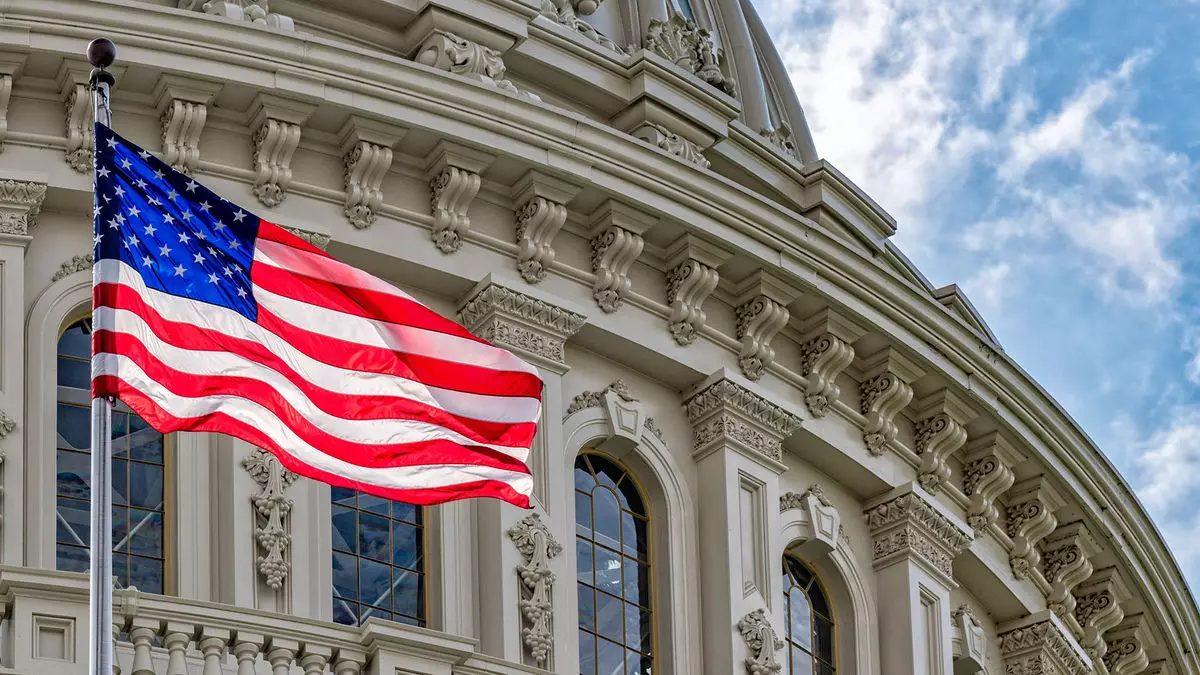The recent regulations put forth by the Transportation Department regarding airline refunds in cases of cancellations or delays have raised concerns due to potential conflicts with the FAA reauthorization bill currently under consideration. The bill includes a clause that shifts the responsibility to the passenger to request a refund in writing or electronically for any disrupted flight, which could undermine the new DOT regulations set to take effect in October.
Legal Challenges
While some, including DOT Secretary Pete Buttigieg, are confident that the existing regulations will withstand legal challenges, others like Senator Elizabeth Warren have expressed skepticism. Warren argued that placing the burden of requesting a refund on passengers could create obstacles for many travelers, allowing airlines to benefit from the complicated bureaucratic process they have put in place.
Airlines, represented by trade group Airlines for America (A4A), have openly opposed the new refund rule. A4A stated that the combination of this regulation with other DOT measures could lead to increased costs for air travel. They argue that these new rules, implemented without collaboration, will only serve to confuse consumers, limit choices, and reduce competition – factors that typically result in higher prices for passengers.
The potential conflict between the DOT regulations and the FAA reauthorization bill poses significant implications for travelers. If the bill is passed in its current form, it could weaken the protections offered by the DOT refund rule, making it more challenging for passengers to claim refunds for disrupted flights. This could ultimately result in increased costs and reduced flexibility for air travelers, impacting their overall experience and financial well-being.
As the debate continues over airline refund regulations, it is essential to consider the consequences for passengers. The conflicting provisions in the DOT regulations and the FAA reauthorization bill highlight the complexity of ensuring consumer rights while balancing the interests of airlines. Finding a solution that prioritizes transparency, affordability, and efficiency in air travel will be crucial in addressing the concerns raised by both industry stakeholders and consumer advocates.

